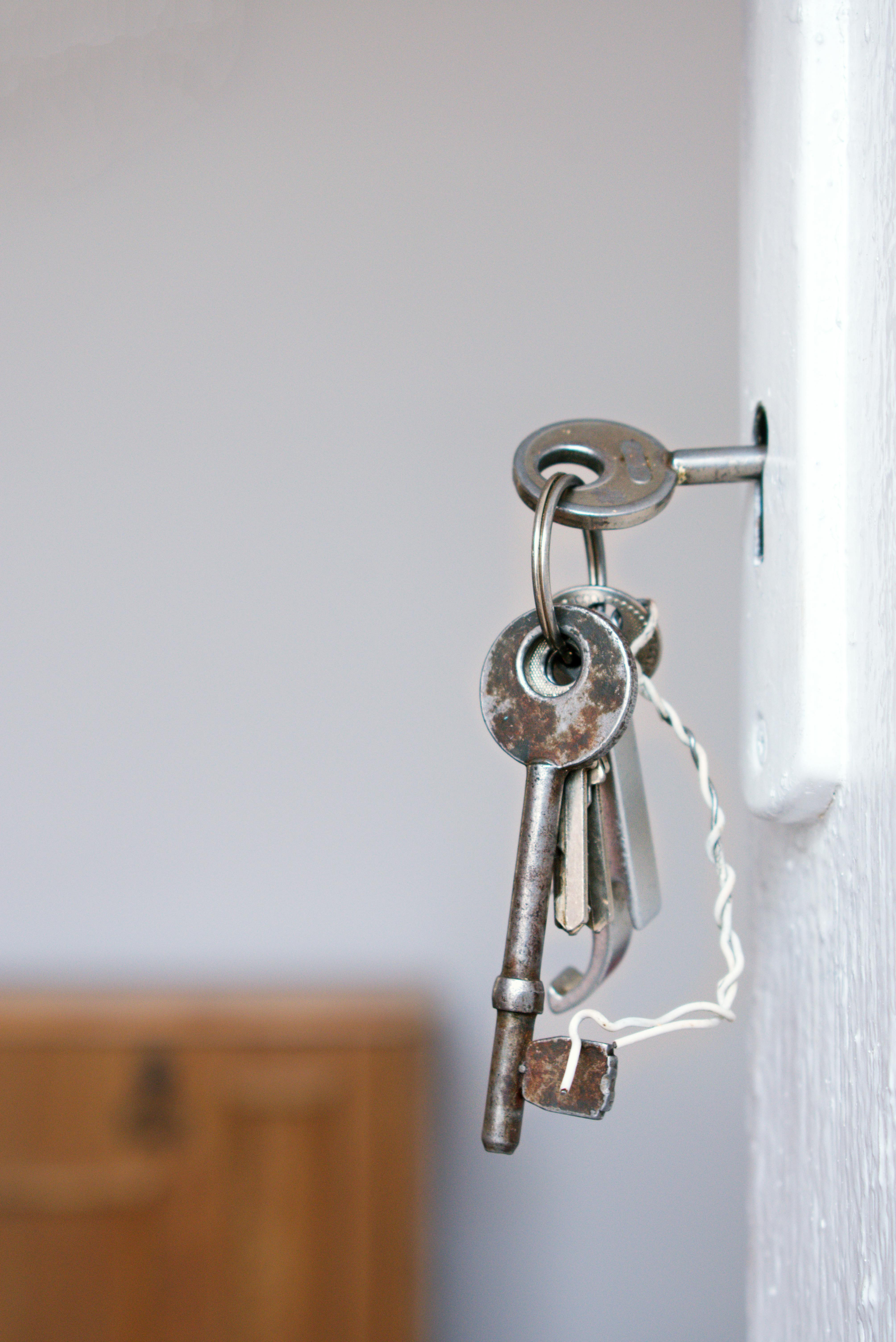The Variable or Fixed Question
Once you go Fixed, you lock in penalties.

Should I lock in? Should I go Fixed or Variable? This is the most common question today. However, fear should not be in the driver's seat of your decision-making. While rising rates does mean that monthly mortgage payments will be higher, converting into a fixed term now means that not only will you be instantly paying much more interest, but you are subject to exhorbinate penalties should you have to break your mortgage term. Let's review the latest benchmark move.
Bank of Canada Raises Rates 0.50%: What This Means for You
The Bank of Canada (Boc) raised its benchmark rate by 0.50%, a move that’s expected by those in the industry to be the first of a series of smaller increases this year.
This increase affects all borrowers with a variable rate loan.
How Does this Affect Lending Products?
Variable Rate Mortgages and Lines of Credit
If you have a variable rate mortgage or a Line of Credit you should expect to see a slight increase on your interest rate and monthly payments. Each lender will adjust their bank prime lending rate accordingly, and is now in the range of 2.70 percent.
Increase in Monthly Payments
While only small, this increase still has an impact; per $100,000 borrowed monthly payments should increase around $13.00.
Fixed Rate Mortgages
If you are in a fixed rate mortgage, this increase won’t impact you.
How Does This Affect Variable Rate Mortgages?
Can I Lock in My Variable Rate Mortgage?
Yes, if you are in a variable rate mortgage you can lock in for a fixed rate.
How Do Fixed and Variable Interest Rates Compare?
Most borrowers variable rate mortgages are around 1.6% with 5-year fixed rates well over 3.8%.
Should I Lock in My Variable Rate Mortgage?
I am advising clients not to lock in their variable rate mortgages, unless you have a compelling reason to pay a significantly higher monthly payments. Unlike fixed rate mortgages which have significantly higher penalties when the mortgage term is broken, variable rate mortgages have the ability to be locked in at any time and have substantially lower penalties when the mortgage term is broken.
What You Need to Know
If you have a variable rate mortgage you shouldn’t lock it in for a fixed rate without looking at the math. Most borrowers would need to see interest rates increase another 3 to4 times to match today’s fixed rate. While some economists are predicting more aggressive rate increases, others predicts the prime rate to move up about 0.75% - 1% in 2022.
If the Bank of Canada overcorrects by increasing rates too much too fast, they can lower the rates again as they have done in the past. As always, you have to consider the entire picture and your risk factors to locking in and being tied to those huge prepayment penalties.
Whether you’re choosing a new mortgage, deciding to lock in your variable rate mortgage, or just looking for a lower interest rate I'm here to help. I can help you compare the numbers for locking in versus a variable term. We can do the math and 'what if scenario' calculations. Book an appointment today, and I help make your decision easier. Call at 778-246-2547 or Book an appointment by clicking HERE










